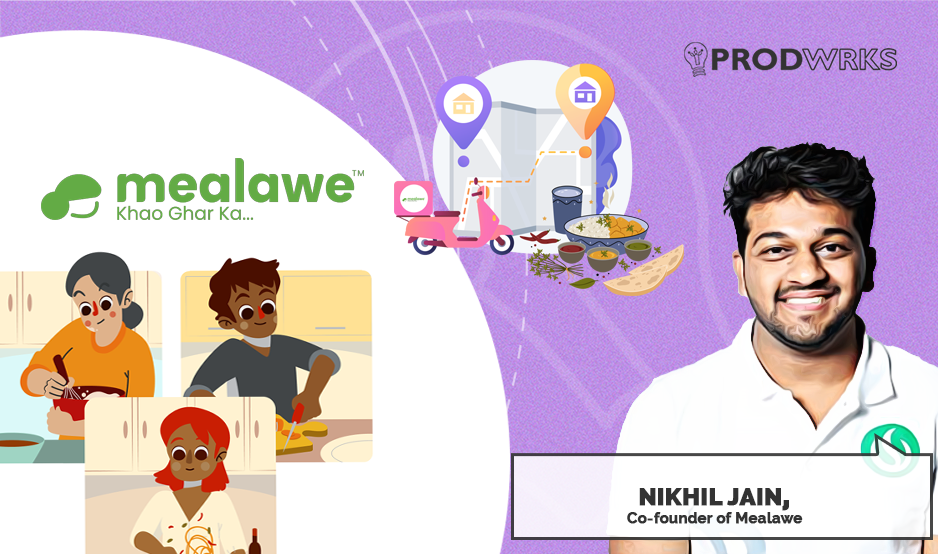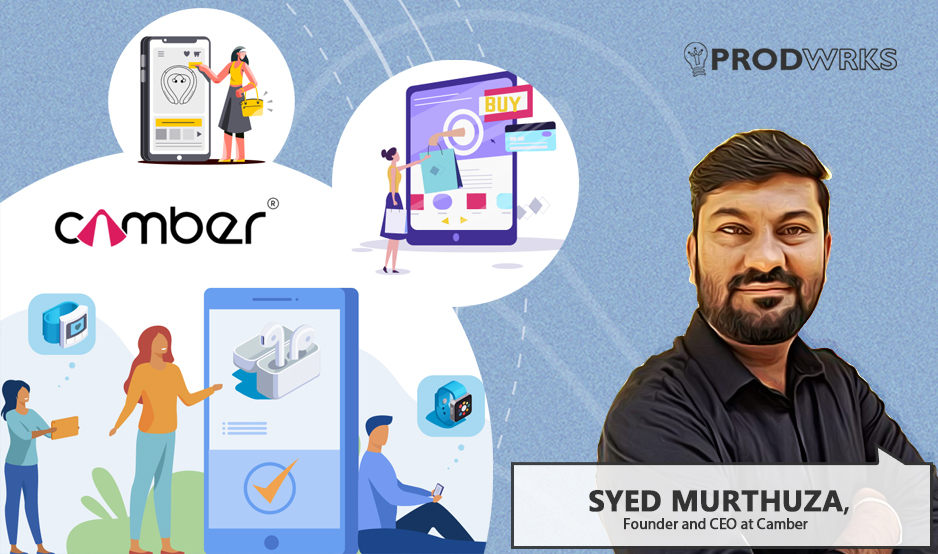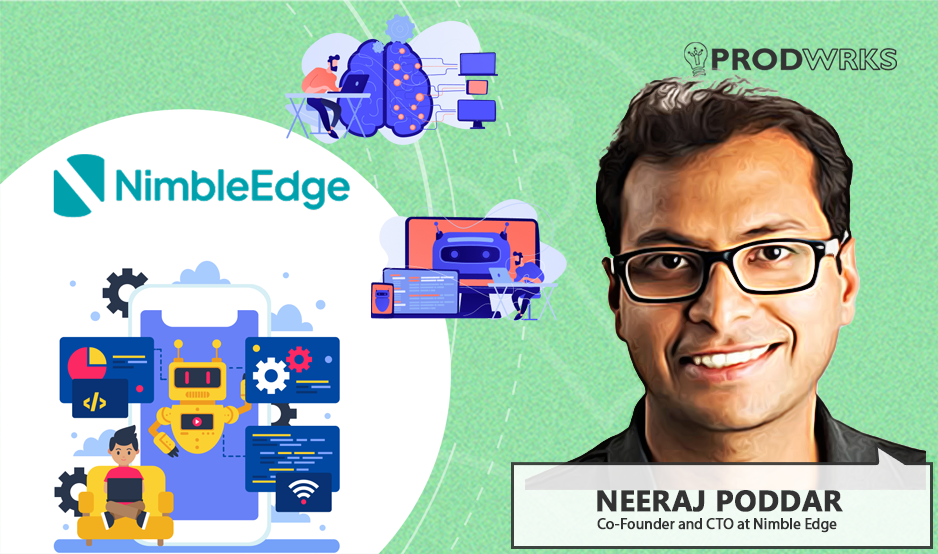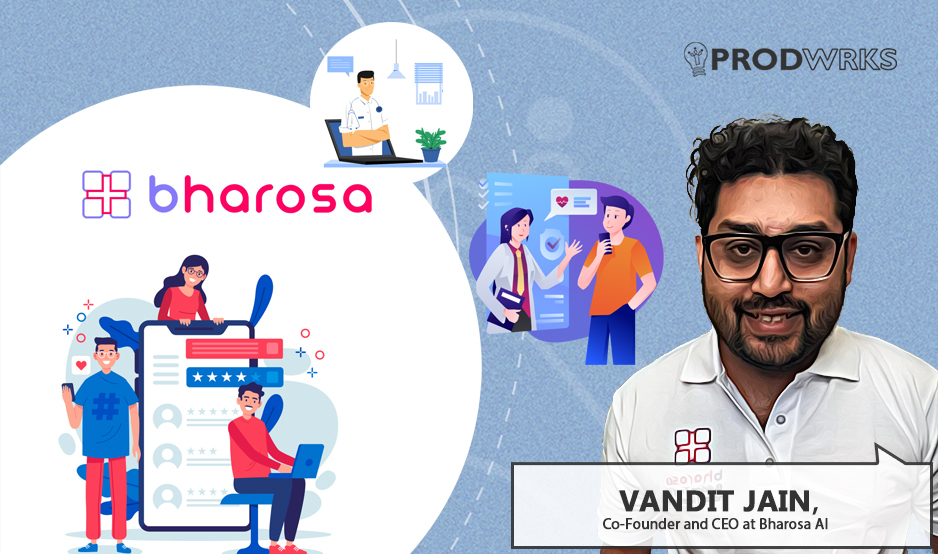
The playbook for winning India’s food-tech war seems written in stone: master convenience. Giants like Zomato and Swiggy have built empires on this simple promise of delivering food from any restaurant you want, and delivering it fast with great operational efficiency. It’s a model that has solved the problem of “what to eat” with a quick, transactional fix. Yet, in this race for speed, a fundamental, multi-billion-dollar human need was left on the table: the trust, health, and soul of ghar ka khana.
For millions of office-goers, students living alone, and working families, the daily meal has become a compromise between restaurant fare and the nutritious food they crave. So, what if the most trusted kitchen in the country wasn’t a restaurant at all, but the one right next door?
This is the strategic opportunity that Mealawe, a pioneering food-tech company, is aggressively capturing. Instead of aggregating restaurants, they are organizing a massive, latent supply chain of India’s home kitchens and home-chefs that has always existed. Their platform connects customers seeking authentic, daily meals with a vetted network of local home chefs, most of whom are women.
It’s a deceptively simple idea that requires a complex symphony of technology, logistics, and community-building to execute at scale. And Mealawe is scaling rapidly. The company recently announced a $1 million funding round from a strategic mix of Foreign Direct Investment and a network of Shark Tank founders.
Currently processing over 40,000 orders a month in cities like Pune, Bangalore, and Mumbai, Mealawe has its sights set on an audacious goal of expanding to 14 cities and delivering 1 million meals per month within the next year.
At the heart of this venture are co-founders Rupesh Kumar, Pratap Haldar, and Nikhil Jain. In a recent, candid conversation with ProdWrks, Nikhil pulled back the curtain on Mealawe’s journey, revealing a story of hard-won lessons, critical product pivots, and the relentless drive to build a platform that organizes the beautifully chaotic world of home-cooked food delivery.
Founders' Journey
Nikhil Jain, in his late 20s, is the youngest of the founding trio, but brings a relentless entrepreneurial drive. Despite a promising engineering background, he rejected the corporate “rat race” for the high-stakes world of startups. Two failed ventures didn’t deter him. They seasoned him, preparing him for the challenge that lay ahead.
He found his counterparts in Rupesh Kumar, a seasoned software architect with global MNC experience, and Pratap Haldar, the tech lead. The core idea sparked from Rupesh’s time abroad, where he relied on an informal network of home-cooked food made by Indian women. This system was already thriving under the radar, even in the US.
Nikhil says, "When Rupesh was in the US, he used to get food from Indian and Pakistani home chefs. So we thought, why not do it in India? Why don’t we build a platform to enable sourcing homemade food?"
Identifying Problems in the Market
Nikhil says, "Today's food is getting bad and worse. All those ready-made curries are not nutritious. And on top of it, when the hot food is packed into that aluminium foil cover and plastic packaging, it is carcinogenic."
"There's some aunty in a building who makes achaar (pickle), there's another aunty who makes paapad. There's someone in your neighbourhood who makes tiffins," says Nikhil
These were micro-entrepreneurs, mostly women, operating in an unorganized fashion, their reach limited to word-of-mouth. Post-COVID, the desire for a secondary, independent source of income among these women had intensified.
The business case was compelling. The Total Addressable Market (TAM) for food delivery was valued at over ₹66,000 crore, and that didn’t even account for the massive unorganized tiffin or ‘mess’ market. Mealawe’s proposition was to bridge these two gaps of connecting health-conscious consumers with a network of verified home chefs.
"We can get people good food at 40-50% cheaper than the popular restaurant aggregators. A special thali on their platform will be around ₹350. On our platform, in the monthly packages, it's just around ₹210."
Building the Mealawe Platform
For the Home Chefs: Empowerment through Technology
"We had to keep our app in multiple languages. Our app is vernacular. We have it in Hindi, Marathi, and English," he says. The process was simplified to a two-step order completion.
“The quality control doesn't stop at onboarding. We have strict guidelines for all the home chefs. They have to use sunflower oil and above, they have to use good atta, fresh vegetables." To enforce this, Mealawe's tech comes into play. When they are packing, they have to upload a photo to a dashboard, and only then can they mark and deliver. My ops team is there to check around. We make sure the quality control is there," says Nikhil..
For the Users: Solving Real-World Problems
"People used to compare us with Zomato and Swiggy," Nikhil admits.
"It was a consistent effort. From Play Store mock-up screens to social media bios, social media reel content, notifications, everywhere you had to place the message: 'ghar ka khana' (home-cooked food), 'mummy ka haath ka khaana' (food made by mother’s hands)," he shares. This consistent messaging was crucial to carving out a distinct identity.
But messaging alone isn’t enough.
The product had to solve tangible problems for its target audience, primarily corporate office-goers, working couples, students, and the elderly. Through user feedback, several key insights emerged that directly shaped the platform’s features.
The most significant pivot was the introduction of the subscription model.
"Initially, subscription was not a part of the picture. We realized that people just didn't want daily wala food, but a subscription model should be there, which is more convenient,” Nikhil reveals.
Let's say you're not there for one week. What happens in a normal mess? Your meals get expired. Over here, we have given unlimited rescheduling. You can postpone your meals to a future date. There is no expiry for your meals. You just need to reschedule one day prior.
From a Viral Launch to Sustainable Scale
"On 16th of October, World Food Day, we launched the app and gave free food worth ₹16 lakhs. We brought in sponsors, ran video ads, put up hoardings, and engaged influencers. That went very viral. In one month, we got almost 20,000 to 25,000 sign-ups."
It was a powerful marketing blitz that put the brand on the map. However, it also came with a crucial lesson. A lot of users were not intent-oriented, and the audience was a mix-match. This initial, high-volume, low-intent cohort was gradually refined as the company honed its focus on the subscription model and its core target audience.
Today, their growth is more methodical. They’ve grown their Instagram presence from 700 to over 21,000 followers in four months, purely organically. They understand the power of advocacy in the food space and have launched a program to offer users ₹200 for every referral.
This strategy is paying dividends. Mealawe is currently processing around 40,000 orders every month across its operational cities of Pune, Bangalore, Mumbai, and Kota. And they are just getting started. Mealawe has raised $1 million in a funding round from a diverse group of investors, including FDI, a network of Shark Tank India founders, and angel investors.
This capital injection is rocket fuel for their expansion plans. The goal is to be operational in 14 cities over the next 10-12 months and scale up to a staggering one million meals per month.
The Road Ahead: Tech, Trends, and Bold Bets
As Mealawe scales, Nikhil says that their reliance on technology as a backbone will only increase. He explains that tech is not just the app, but the entire operational nervous system. It’s what allows them to manage 1000+ home chefs, ensure quality, handle complex subscription logic, and optimize delivery routes with their growing fleet of over 30 riders.
Nikhil also sees a clear trend in the market that plays directly to Mealawe’s strengths. There’s a societal shift away from processed, unhealthy food towards nutritious, transparently-sourced meals. While quick-commerce ventures experiment with and often shut down 10-minute food delivery, Mealawe is doubling down on its core vision of healthy food.
The story of Mealawe is more than just a startup narrative. They are proving that you can build a scalable, tech-driven business without sacrificing authenticity. They are empowering a generation of home entrepreneurs, predominantly women, and giving them a platform to share their culinary gifts with the world.
And for thousands of users, they are solving that perennial, deeply human problem of finding a meal that tastes and feels like home.



